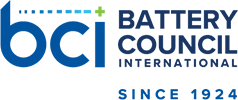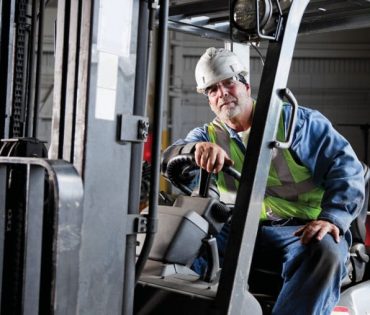Agrees UNICEF/Pure Earth Report Highlights Recognized Need for Action In Low- to Middle- Income Countries
WASHINGTON – July 29 –“We want to see an end to all informal and unregulated recycling as documented by Pure Earth and UNICEF. This important report shines a spotlight on the problem, and we will continue to play our part in helping to eradicate it. The more governments and regulators do in these countries to provide incentives to ensure that used batteries are only recycled by high performing recyclers, and to crack down on unregulated recycling, the better.
“Through our global material stewardship program, the trade association member companies are committed to ensuring that inappropriately recycled lead does not enter our supply chains. We are also providing expert consultancy in many affected countries to improve recycling standards and will continue to work with NGOs like Pure Earth in their efforts to create sustainable solutions globally.
“However, we cannot do this alone. Success requires strong commitment from governments and regulatory bodies in the countries affected for real and long-lasting improvements to take place. For many people in low- and middle-income countries, informal and unregulated recycling is a subsistence issue, and the materials they are handling have a high economic value. Governments and regulators in these countries must incentivize high-performing, regulated recyclers and crack down on the informal sector and its practices.
“To deliver the acknowledged circular economy benefits of using lead batteries it is important that only high-performing recyclers are involved.
“It is a tragedy when a person or community is damaged or harmed by improper recycling of used batteries and the findings of the report warrant careful scrutiny. That said, it is important to note the distinction made in the report between informal and unregulated recycling, and the advanced recycling standards in the U.S. and in Europe, which set a high standard for effective and sustainable battery recycling, with batteries safely and efficiently recycled.”
Participating Organizations
The four participating industry groups who represent lead and lead battery manufacturers and global battery recyclers are:
Battery Council International is the North American trade association representing the lead-based battery manufacturing, supply, recycling and distribution companies. For more information on the association, visit www.batterycouncil.org and essentialenergyeveryday.com.
The International Lead Association is the global trade organisation representing the lead industry. Visit www.ila-lead.org/.
EUROBAT is the association for the European manufacturers automotive, industrial and energy storage batteries. EUROBAT has more than 50 members from across the continent and from the whole supply chain comprising more than 90% of the automotive and industrial battery industry in Europe. The members and staff work with all stakeholders, such as battery users, governmental organisations and media, to develop new battery solutions in areas of hybrid and electro-mobility as well as grid flexibility and renewable energy storage. Visit: www.eurobat.org/
The Association of Battery Recyclers, Inc. is a non-profit trade association of companies that are involved in recycling spent lead batteries and other lead-bearing materials. For more information, visit www.associationofbatteryrecyclers.com.




